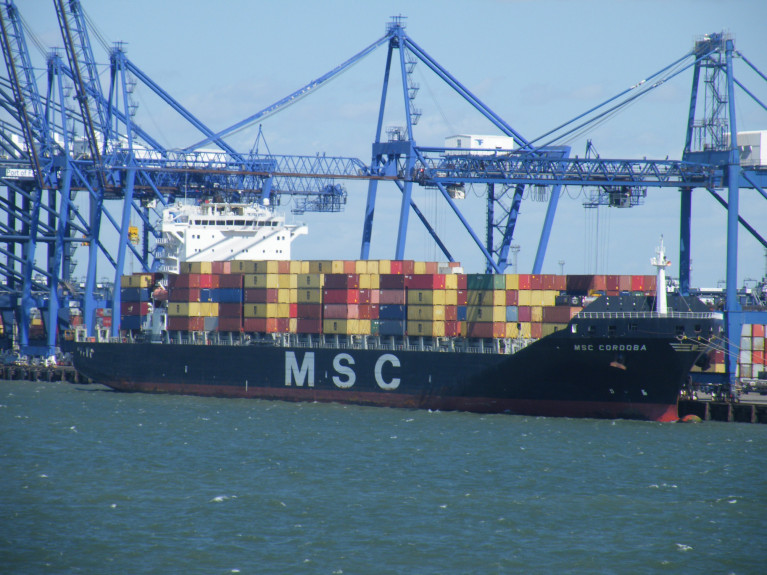Displaying items by tag: Container Carriers
Shipping Lines Shuffle Schedules to Limit Delays at Europe’s Congested Ports
Containership carriers are continuing to reorganise their calls to northern Europe in an effort to avoid delays at increasingly congested ports.
The 2M alliance of Mediterranean Shipping Co (MSC) and Maersk are the latest to amend two of their combined services in an effort to rationalise port calls.
The move will see Felixstowe dropped from the AE1/Shogun service, with Rotterdam picking up a second call on the return leg. The UK port will keep its call on the AE55/Griffin service but a call at Antwerp and a double call at Rotterdam will be replaced by one at Le Havre.
“Due to the congestion issues in ports impacting schedule reliability and causing delays to shipments, MSC has decided to combine the calls at Yantian, Shanghai, Felixstowe and Rotterdam for its Shogun and Griffin services starting from January until further notice,” it said in a customer advisory.
“Consequently, the Shogun service will omit Felixstowe and Shanghai and induce Rotterdam and Yantian, while the Griffin service will omit Rotterdam and Yantian but retain the calls at Felixstowe and Shanghai.”
For further reading, LloydsLoadingList reports.
According to a new report, sharing the cost of the International Maritime Organization’s new sulphur rules (see: Irish Sea ferry operator) across the containerised supply chain could mark a new era of greener shipping transportation.
As LloydsLoadingList writes the report by Boston Consulting Group highlighted that compliance requirement from January 2020 is forecast to cost carriers between $25bn and $30bn in additional fuel costs to 2023.
“By selling environmentally friendly services effectively, lines can share these costs with customers as well as promote the ultimate objective of greener supply chains,” Boston Consulting Group said. “The entire ecosystem of value chain participants — including freight forwarders, cargo owners, and consumers — should be willing to bear their fair share of the costs.”
Lines will feel the heaviest impact from higher costs in the first year of IMO 2020 implementation, when it is expected to reach between $10bn and $12bn. Subsequent years would see smaller annual increases due to the shrinking price differential between high- and low-sulphur fuels.
But compliance costs would not be uniform across trade routes and carriers, according to Boston Consulting Group.
For more on this story click here.





























































